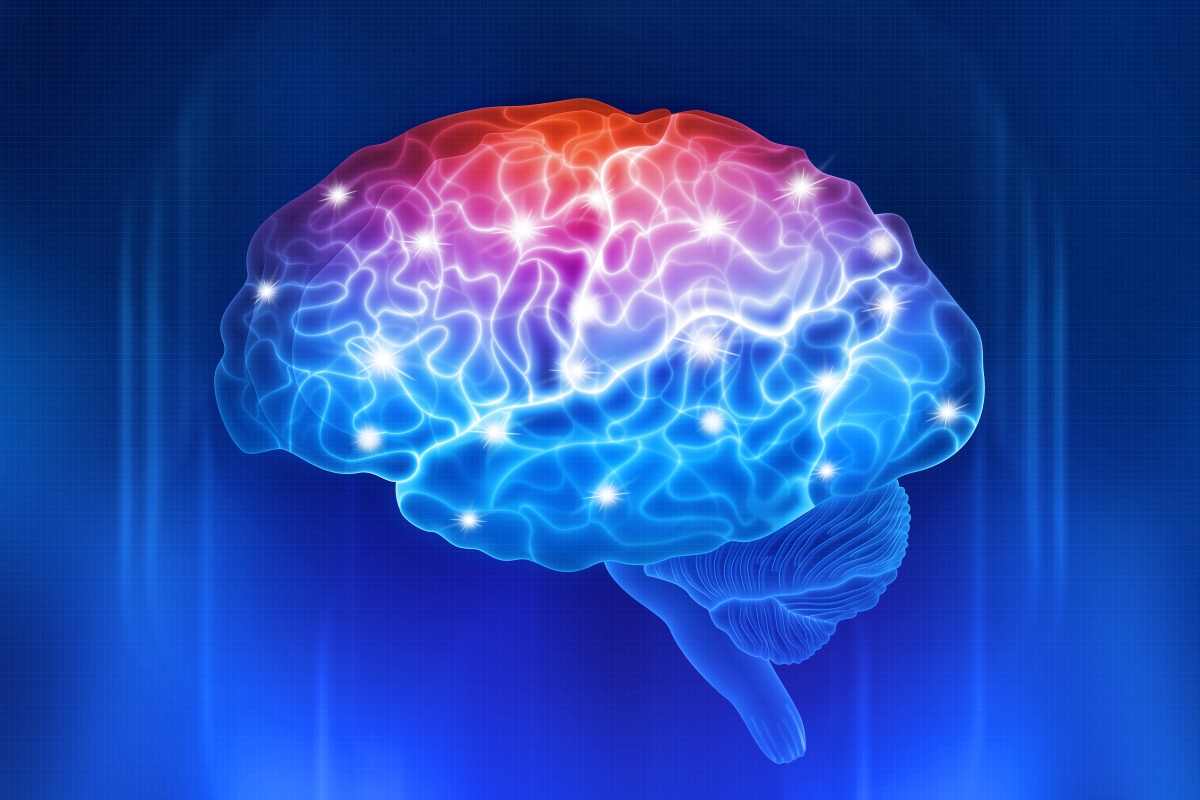Sugar beverages and dietary sodas impact on brain health: A mini literature review
The consumption of sugar-sweetened, caffeine-containing beverages has increased significantly, which might be bad for general health. Anjum et al. (2018) aimed to address the impacts of these sugar-sweetened drinks (SSB) and the various ways in which they may affect one’s health, especially with regard to the brain, through their review of available evidence. Soft drinks can have negative effects through a number of mechanisms, such as altered brain waves on electroencephalography (EEG) due to glutamate and dopamine, elevated glutathione-6-dehydrogenase levels, elevated gamma-aminobutyric acid (GABA) levels, and ultimately dementia and stroke. By lowering antioxidants like glutathione and catalase as well as monoamine oxidase and acetylcholine esterase, SSB might worsen oxidative stress. SSB consumption also has a substantial impact on the length and quality of sleep. It is also highlighted that consuming sodium benzoate, which is included in drinks, can cause attention deficit hyperactivity disorder (ADHD) in children as well as impairments to memory, motor coordination, decreased glutathione (GSH), and brain levels of malondialdehyde (MDA). Lastly, the authors discuss the potential risks associated with diet beverages and the connection between maternal intake of chocolate or soft drinks during pregnancy and the postnatal period with cognitive decline and childhood obesity. [NPID: Soda, sleep, brain, soft drinks, cognitive ability, caffeine and brain, sugar sweetened beverages]
Year: 2018
 Navigation
Navigation






